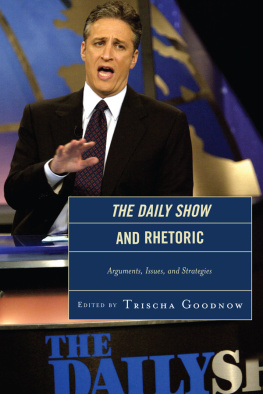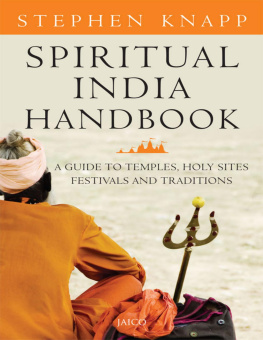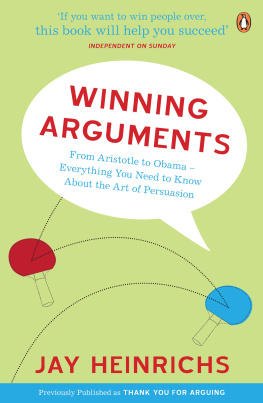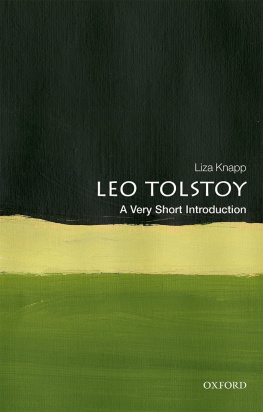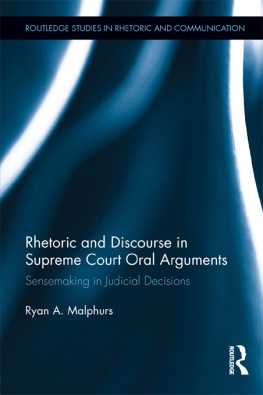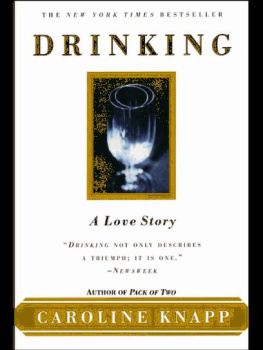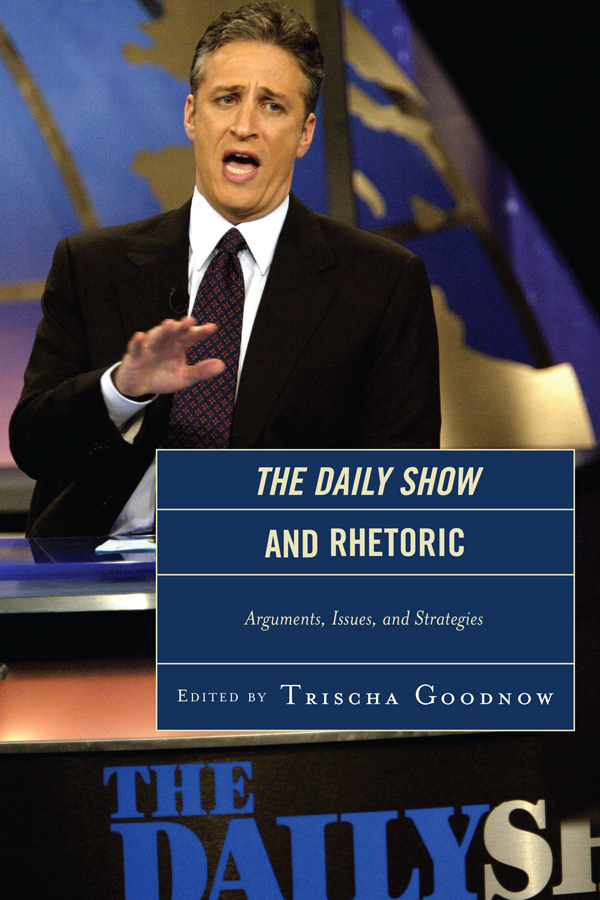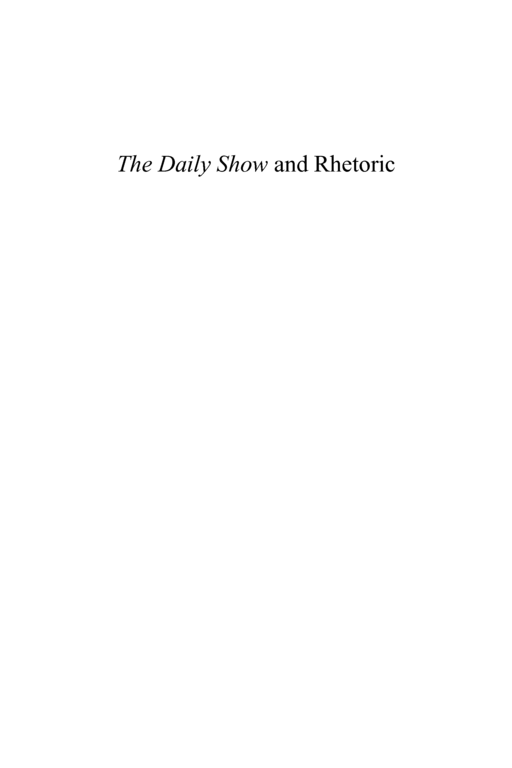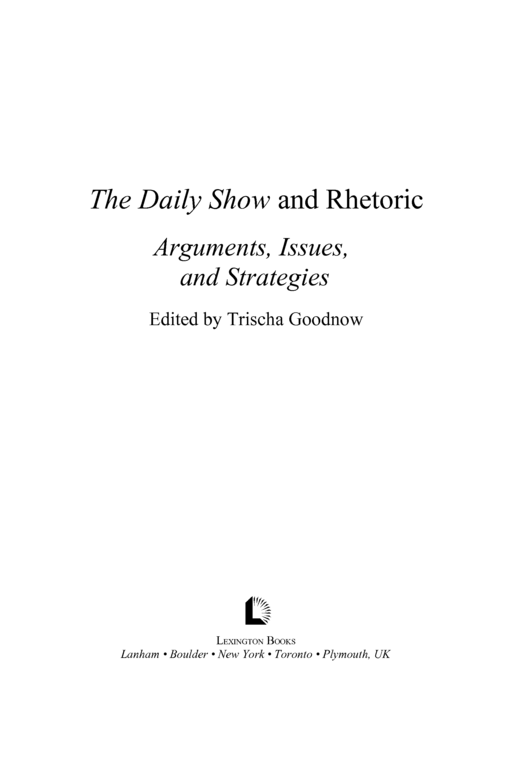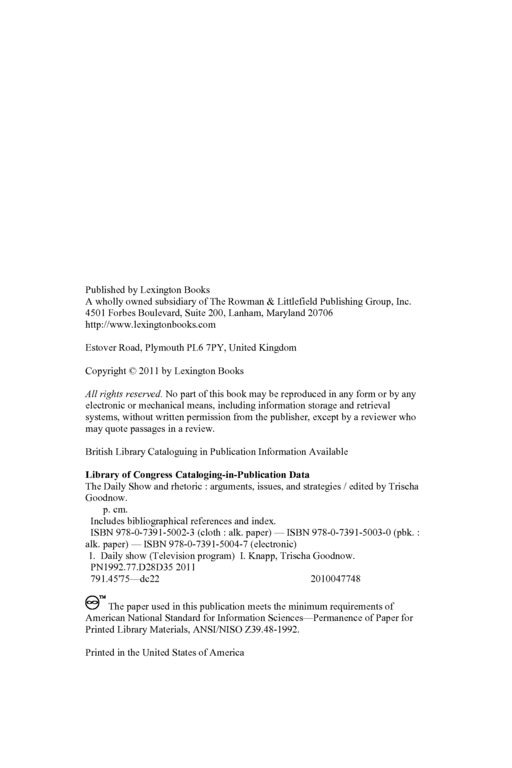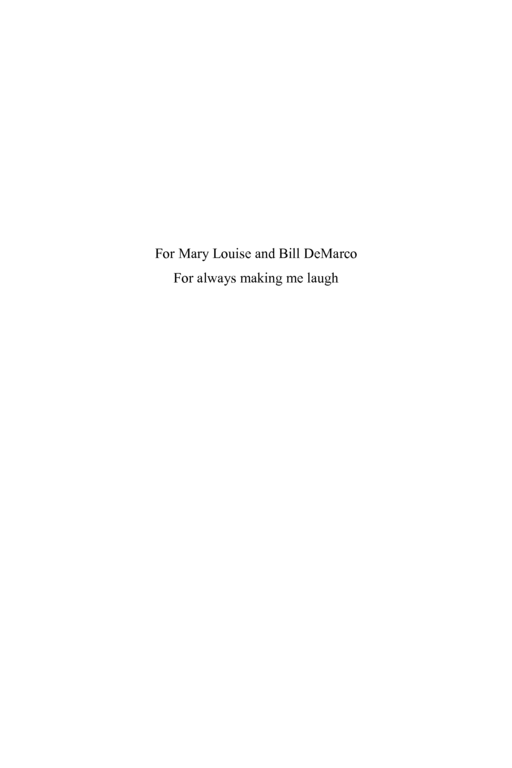Contents
Acknowledgments
Introduction: The Daily Show and RhetoricArguments, Issues, and Strategies
I: The Nature of the Beast
| 1 | The Arete of Amusement: An Aristotelian Perspective on the Ethos of The Daily Show |
Jonathan E. Barbur and Trischa Goodnow
| 2 | Before and After The Daily Show : Freedom and Consequences in Political Satire |
Robert N. Spicer
| 3 | Cramer vs. (Jon Stewarts Characterization of) Cramer: Image Repair Rhetoric, Late Night Political Humor, and The Daily Show |
Josh Compton
II: Arguments
| 4 | The (not-so) Laughable Political Argument: A Close-Textual Analysis of The Daily Show with Jon Stewart |
John W. Self
| 5 | Models of Democratic Deliberation: Pharmacodynamic Agonism in The Daily Show |
Kelly Wilz
| 6 | Purifying Laughter: Carnivalesque Self-Parody as Argument Scheme in The Daily Show with Jon Stewart |
Aaron Hess
| 7 | The Voice of the People: Jon Stewart, Public Argument, and Political Satire |
Ryan McGeough
III: Strategies
| 8 | We Frame to Please: A Preliminary Examination of The Daily Show s Use of Frames |
Penina Wiesman
| 9 | Breaking News: A Postmodern Rhetorical Analysis of The Daily Show |
Aaron Hess
| 10 | Visual Aspects of The Daily Show with Jon Stewart |
Lawrence J. Mullen
IV: Issues
| 11 | Gaywatch: A Burkean Frame Analysis of The Daily Show s Treatment of Queer Topics |
C. Wesley Buerkle
| 12 | Modern Hebrew Prophets? The Daily Show and Religious Satire |
Brian T. Kaylor
| 13 | The Daily Show and Barack Obamas Comic Critique of Whiteness: An Intersection of Popular and Political Rhetoric |
Stephanie M. Purtle and Timothy R. Steffensmeier
Index
About the Contributors
Acknowledgments
As with any undertaking of this magnitude, there are a myriad of people to thank. First, I want to thank the authors who contributed to this volume. Your patience and diligence in producing this work is greatly appreciated. Rebecca McCary at Lexington provided thoughtful and patient guidance throughout this process. Youre the best. Thanks! Id also like to thank Robert Iltis, Gregg Walker, the Department of Speech Communication, and Oregon State University for providing encouragement, support and a sabbatical to create this volume. In addition, I extend my thanks to Mark Moore who postponed his sabbatical so I could take mine to work on this book. Additional thanks go to Lee Rianda and Melissa Weintraub for answering questions during the editing process. My friends and family have been great in listening to me whine during this project so many thanks to you all (especially Lee for making me leave the cabin every now and then). Taliesin Mihacsi, Jonathan Smith and Nikki Roberts had the underappreciated job of citation checking. Thanks, guysmay the graduate school gods smile kindly upon you. Finally, thanks to Jon Stewart and the cast and crew of The Daily Show for providing such interesting fodder for this rhetorical study.
Introduction
The Daily Show and RhetoricArguments, Issues, and Strategies
Since its inception in 1996, The Daily Show with Jon Stewart has amused, bemused, confounded, and angered audiences and critics alike. The Daily Show is not easily categorized as it is part news and part entertainment wrapped in a healthy dose of critique and cynicism. One thing is certain: host Jon Stewart, with the help of his staff of writers, can be considered a master rhetorician. Why, you might ask, does this definitive label matter? Rhetoric concerns the ability to persuade an audience. What may seem like harmless entertainment may contain powerful persuasion.
Rhetoric, like The Daily Show , often confounds its students and critics. Platos (1959) interrogation and ultimate denouncement of rhetoric in Gorgias exemplifies the age-old debate about the nature and purpose of rhetoric. Today, it is common to hear politicians and reporters cast a seeming slur on political statements by labeling a statement mere rhetoric. However, as scholars of rhetoric can attest, there is more to rhetoric than empty words.
Aristotle (1954) defines rhetoric as the faculty of observing in any given case the available means of persuasion (p. 1355b). He meant by this that rhetoric is a skill through which the user discovers the best means to influence an audience. Jon Stewart certainly has a skill in using humor to shed light and, thus, potentially influence his audiences perceptions of political happenings and political statements. The purpose of this book, The Daily Show and Rhetoric , is to examine and uncover the rhetorical dimensions of The Daily Show. This examination of the program will allow the reader a better understanding of the power to influence evident in this popular culture phenomenon.
Scholars have undertaken recent study into The Daily Show as an important source for information and critique. Perhaps the most cited example is Bayms (2005) examination of the program as a reinvention of political reporting. Baym asserts that The Daily Show s mix of humor and critique, is a quite serious demand for fact, accountability, and reason in political discourse (p. 273). Such assessments are common in scholarly essays on Stewarts show. This type of assessment is seen in the works of Borden and Tew (2007), McKain (2005), and Brewer and Marquardt (2007). Of course, the impact of The Daily Show is also examined. Baumgartner and Morris (2006) consider how the program impacts American youth, ultimately concluding that the show may increase cynicism toward politics and politicians in an already disaffected youth. Cao (2008) concluded that programs such as The Daily Show may provide viewers with information that they may otherwise not receive. These studies and others (see for example, Morris 2009, Baumgartner and Morris 2006, Feldman and Young 2008) lay the foundation for legitimizing The Daily Show as a reasonable subject for scholarly study. Perhaps there is no more an appropriate area in which to undertake such study than rhetoric.

